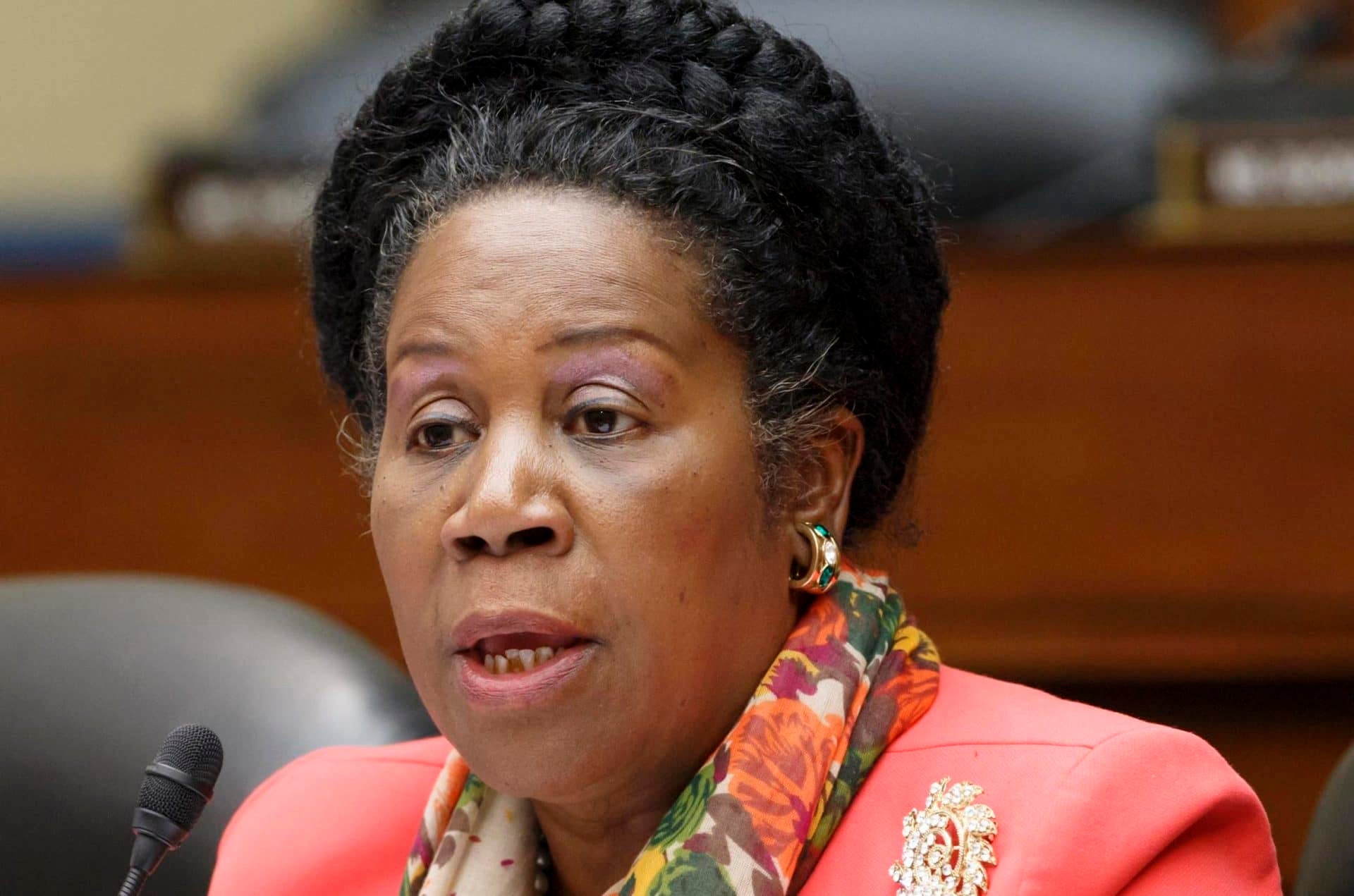
Senate Majority Leader Mitch McConnell thinks reparations already came in the form of a Black President, but that didn’t stop Congress from having a hearing Wednesday on H.R. 40 which calls for the establishment of a commission to study reparations for Black Americans.
The panel, which included notables like Danny Glover, Ta-Nehisi Coates, and economist Julianne Malveaux overwhelmingly made a case in favor of exploring the institution of slavery and its lasting effects on the Black American community.
Congresswoman Sheila Jackson Lee re-introduced H.R. 40 in January, backed by presidential hopeful Cory Booker. Today, both Democrats delivered poignant words on why the issue should be dealt with now.
“We as a nation have not yet truly acknowledged and grappled with racism and White supremacy that has tainted this country’s founding and continues to persist in those deep racial disparities and inequalities today,” Booker said in his remarks. “This is a very important hearing. It is historic. It is urgent.”
Drawing from his writings on reparations, Coates added to the discussion a history of how enslavement has morphed throughout generations but consistently remained to the detriment of Black Americans.
“The typical Black family in this country has one-tenth the wealth of the typical White family,” Coates pointed out in his opening statement. “Black women die in childbirth at four times the rate of White women. And there is, of course, the shame of this land of the free boasting the largest prison population on the planet, of which the descendants of the enslaved make up the largest share. The matter of reparations is one of making amends and direct redress, but it is also a question of citizenship.”
The economic impact of what both Coates and Booker described in their statements was eloquently addressed by Julianne Malveaux who went into great detail about how predatory economic practices were enacted to strip African Americans of the wealth we gained following slavery. The author, political commentator, and former president of Bennett College was also sure to point out that while much of White America has been living the American dream, it has been more of an “American nightmare” for Blacks.
“When zip code determines what kind of school you go to. When zip code determines what kind of food you can eat. These are the vestiges of enslavement that people don’t want to deal with,” Malveaux asserted.
In touching on the educational benefits that could derive from the passage of the bill, Justin Hansford, the executive director of The Thurgood Marshall Civil Rights Center at Howard University School of Law put out a statement that acknowledges, in part, how the gross inequalities between White and non-White school districts, could be bridged through government funding “in a way that is fully constitutional.”
“Even as other countries have implemented reparations, our nation has stalled — not because reparations are not viable or unconstitutional, as Rep. Johnson (R-LA) just protested — but because of our inability to reconcile our history of slavery with our present-day self-image,” Hansford added.

In closing, Rep. Sheila Jackson Lee implored those who stand against the bill, to do more research on the lasting effects of slavery, while also reminding her colleagues in Congress why the issue of reparations should be taken up on the congressional level.
“Why does the Congress have to do it?” Lee rhetorically asked. “Because the Congress is the lawmaking body of the federal government and it was the state’s and federal government that institutionalized laws that made slavery an act of the state.”
“We have to correct our error,” Lee invoked. “The Congress must do its job.”